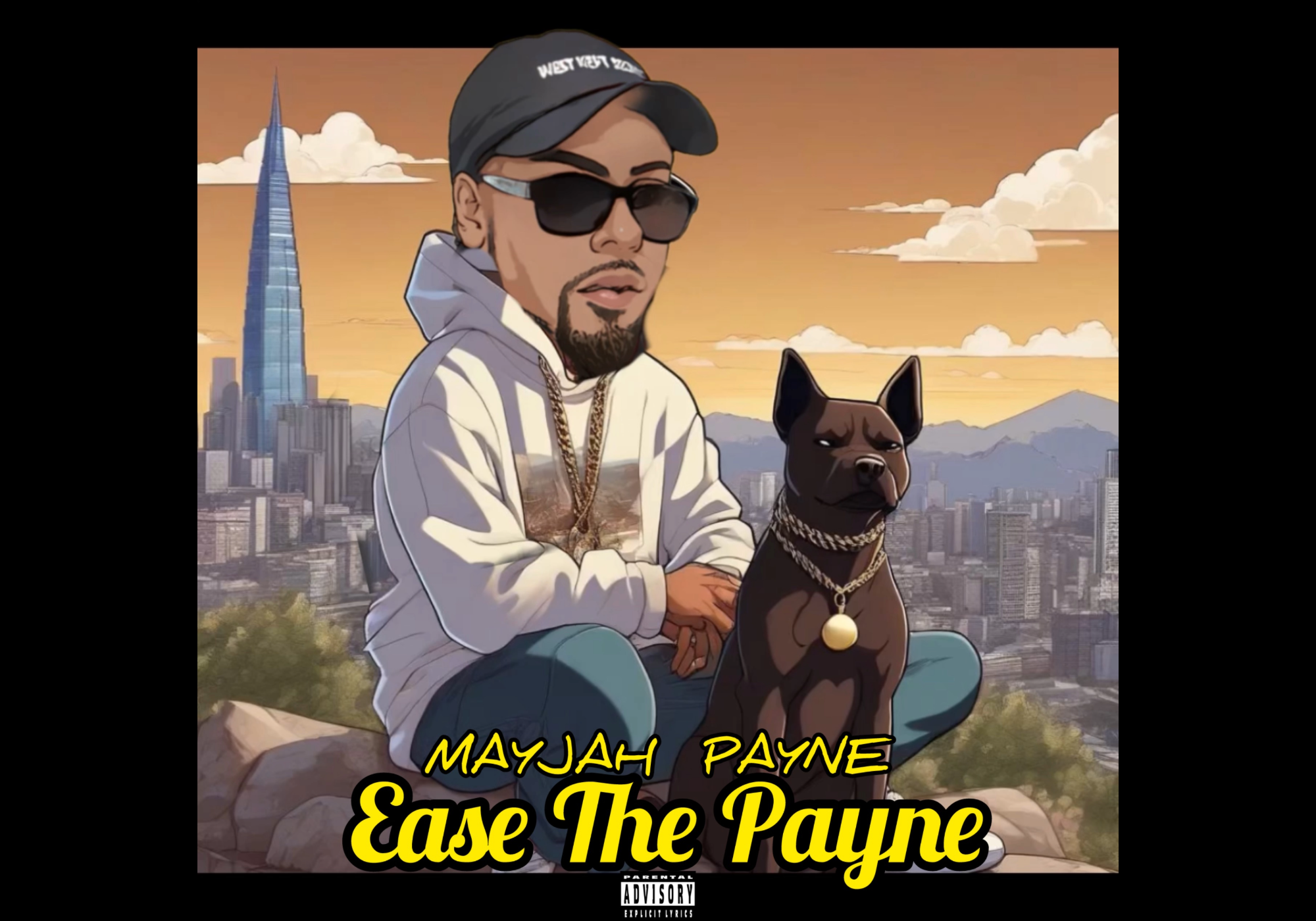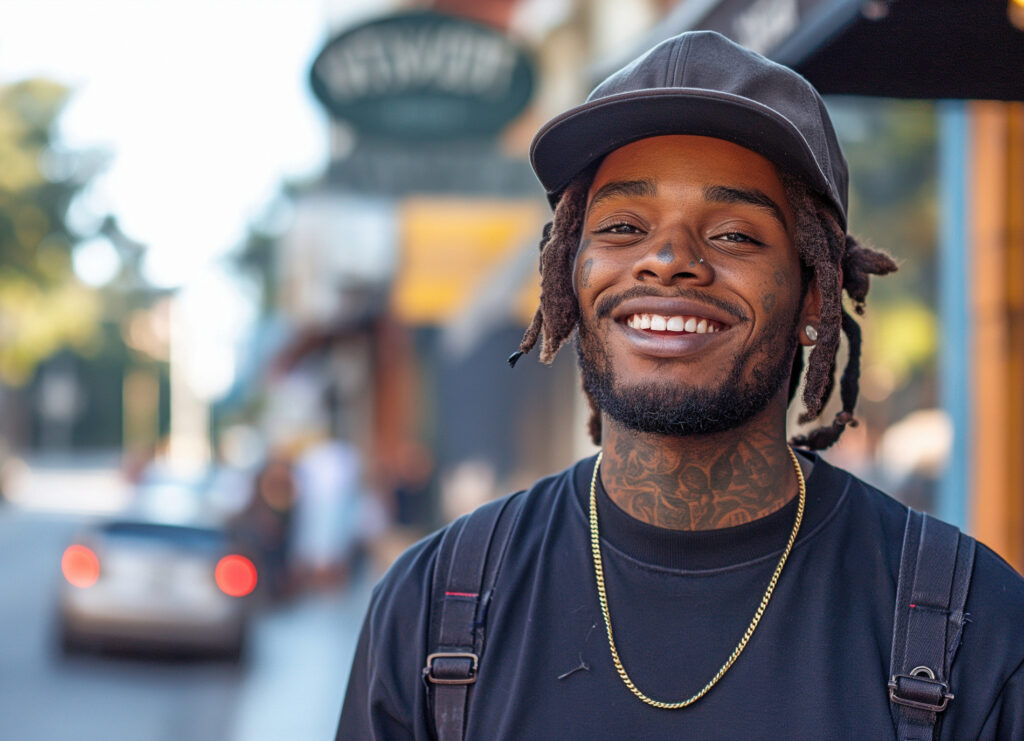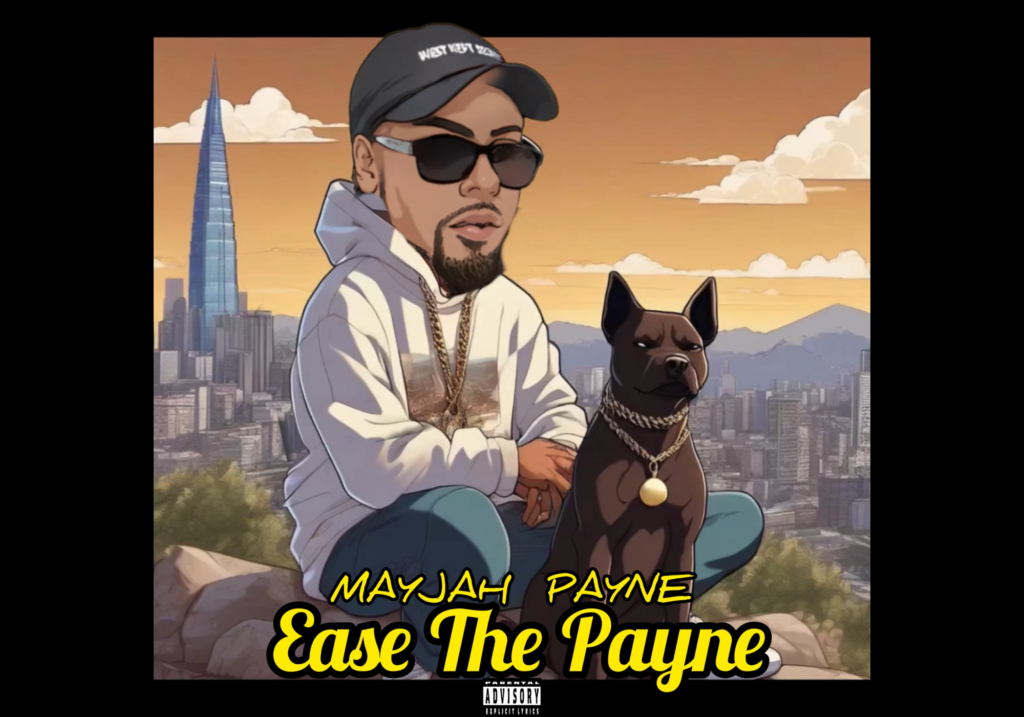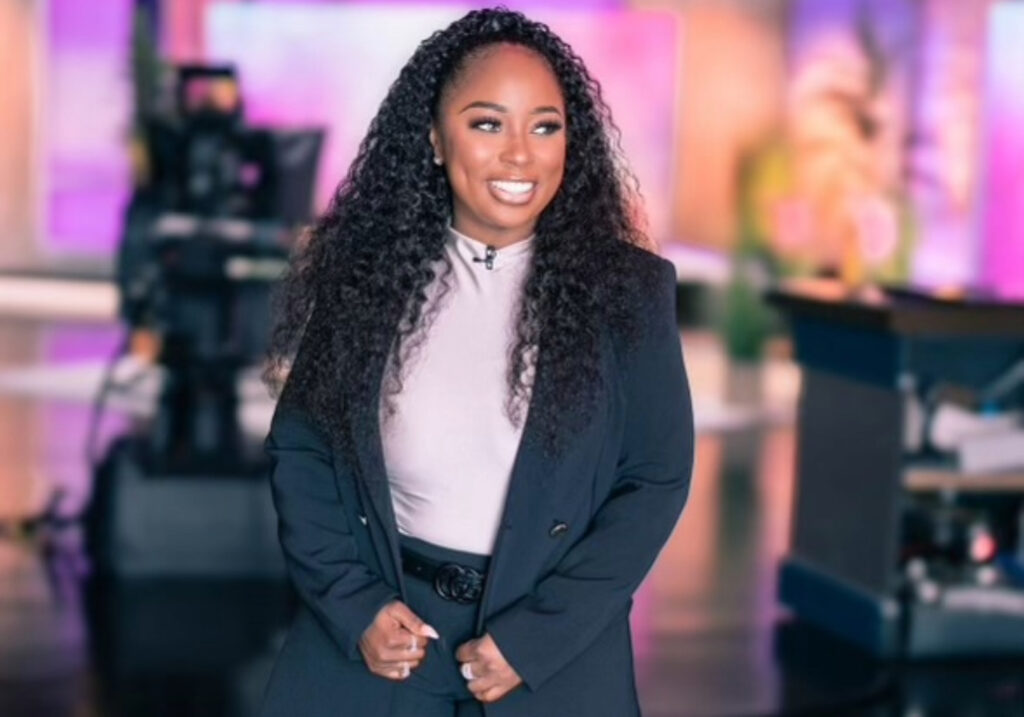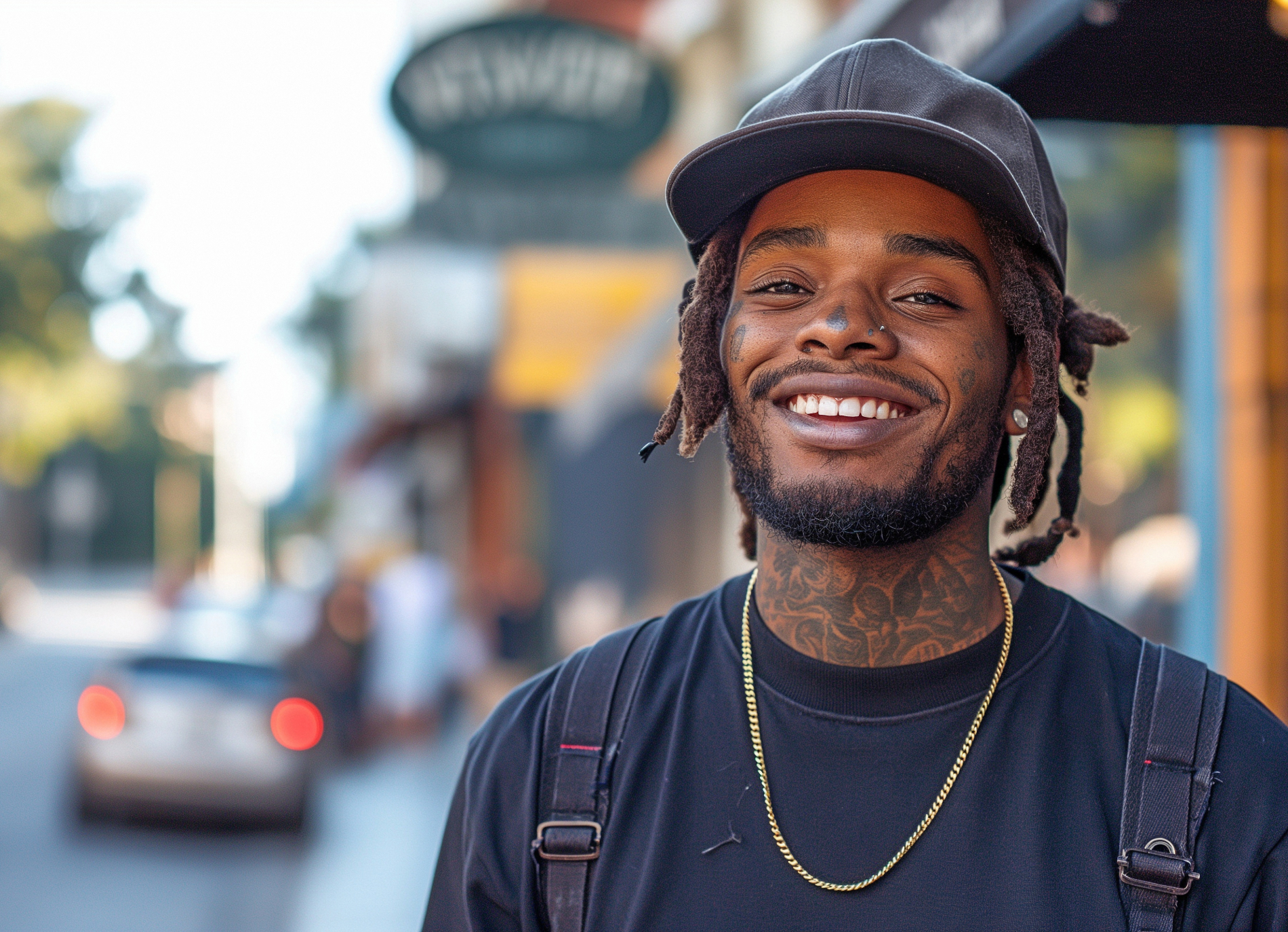Hip-hop culture is a vibrant and influential movement that emerged in the Bronx, New York City, during the 1970s, characterized by four primary elements: rap music (MCing), DJing, graffiti art, and breakdancing. Over the decades, hip-hop has evolved into a global phenomenon with a profound impact on music, fashion, language, and social issues. Hip-hop singers, also known as MCs (emcees) or rappers, play a crucial role in shaping and reflecting the culture. Here’s an exploration of their role and influence:
1. Storytelling and Self-Expression
Hip-hop singers are storytellers who use their lyrics and rhymes to narrate personal experiences, social issues, and cultural observations. Through their music, they express their thoughts on topics such as poverty, racism, inequality, politics, and identity. The authenticity of their storytelling resonates with listeners who may relate to their experiences or gain insight into different perspectives.
2. Cultural Commentary and Social Critique
Hip-hop singers often serve as social commentators, addressing systemic injustices and advocating for social change. They use their platform to raise awareness about issues affecting marginalized communities, challenge stereotypes, and call out injustice. Songs like Public Enemy’s “Fight the Power” or Kendrick Lamar’s “Alright” are powerful examples of hip-hop’s role in addressing social issues and promoting resilience.
3. Influence on Fashion and Style
Hip-hop singers have a significant impact on fashion trends and style preferences. Their distinctive fashion sense, characterized by streetwear, oversized clothing, sneakers, and jewelry, has influenced mainstream fashion and luxury brands. Artists like Kanye West with his Yeezy brand or Jay-Z with Rocawear have successfully merged hip-hop culture with high fashion, making it accessible to a global audience.
4. Entrepreneurship and Business Ventures
Many hip-hop singers have expanded their influence beyond music into entrepreneurship and business ventures. They launch clothing lines, record labels, beverage brands, and tech startups, leveraging their fame and entrepreneurial spirit to create diverse streams of income and empower their communities economically.
5. Global Cultural Ambassadors
Hip-hop singers serve as cultural ambassadors who export American culture worldwide while also embracing and collaborating with international artists. Through collaborations, tours, and performances, they bridge cultural divides, promote cultural exchange, and foster a sense of unity among diverse audiences globally.
6. Platform for Representation and Empowerment
Hip-hop singers provide a platform for underrepresented voices and communities to be heard. They empower individuals to embrace their identity, culture, and heritage while challenging societal norms and advocating for inclusivity. Artists like Queen Latifah, Missy Elliott, and Cardi B have broken barriers and inspired generations by celebrating diversity and authenticity in their music.
7. Evolution of Musical Innovation
Hip-hop singers continuously innovate and push the boundaries of music production and lyrical delivery. They incorporate diverse musical influences, experiment with new sounds and genres, and collaborate with musicians from different backgrounds. This evolution keeps hip-hop fresh and relevant, appealing to new generations while honoring its rich cultural roots.
Conclusion
Hip-hop singers play a multifaceted role in shaping hip-hop culture and influencing global trends. Beyond entertainment, they serve as storytellers, social commentators, fashion icons, entrepreneurs, cultural ambassadors, and advocates for social change. Their impact extends far beyond the music industry, making them pivotal figures in contemporary culture and society. As hip-hop continues to evolve, its singers will undoubtedly continue to shape and redefine the cultural landscape, inspiring and empowering audiences worldwide.


